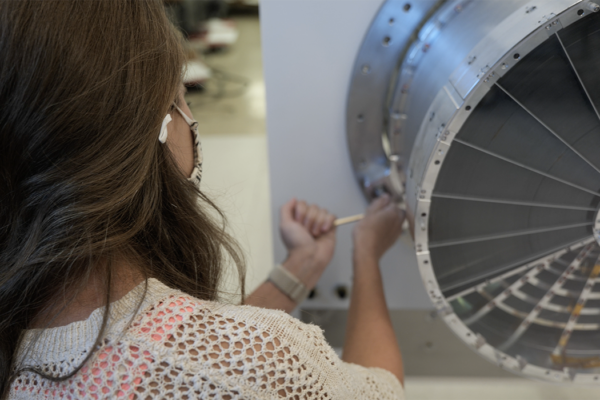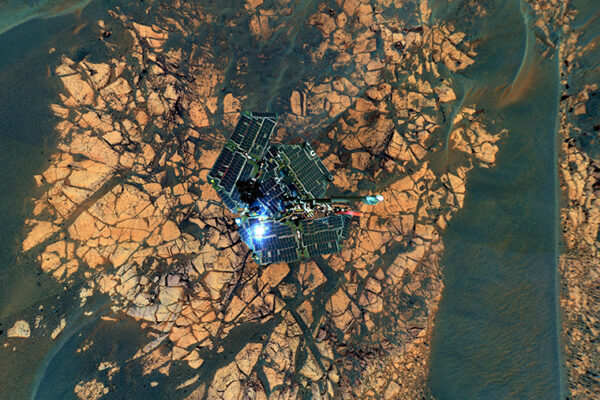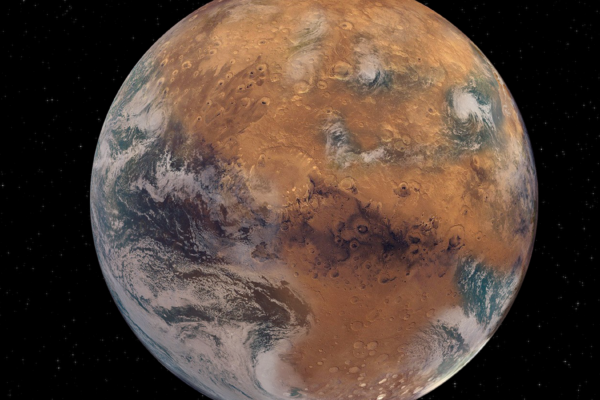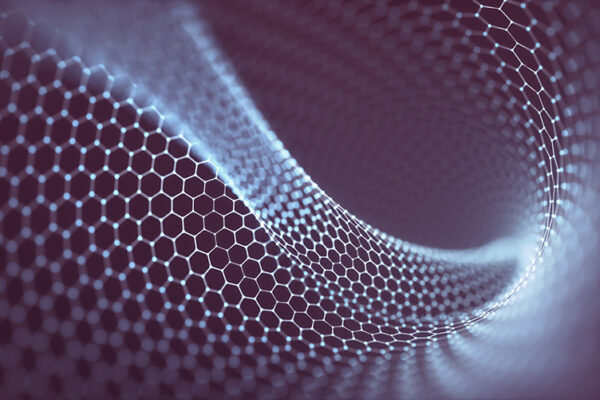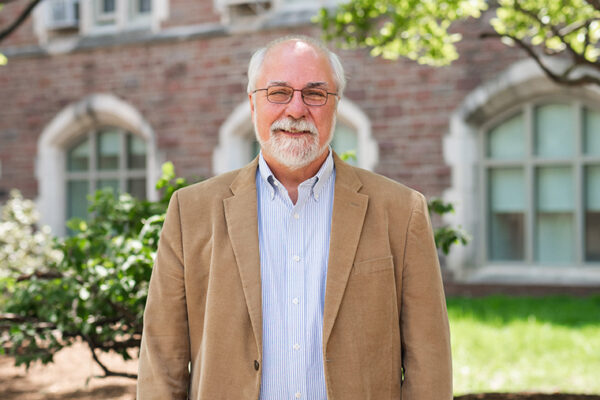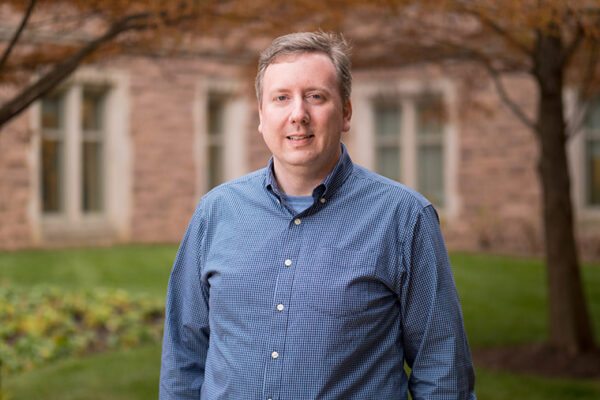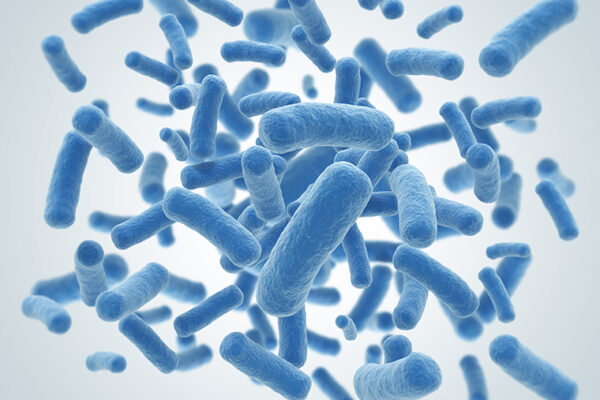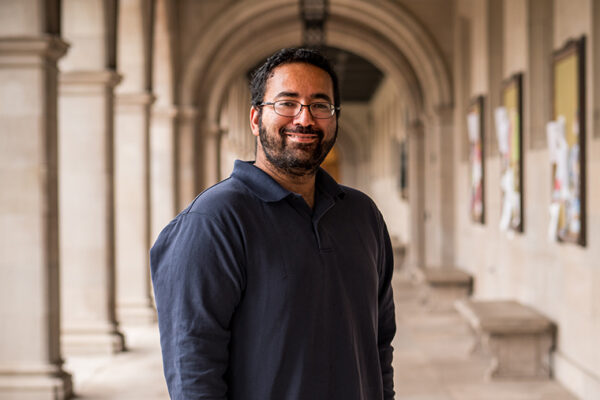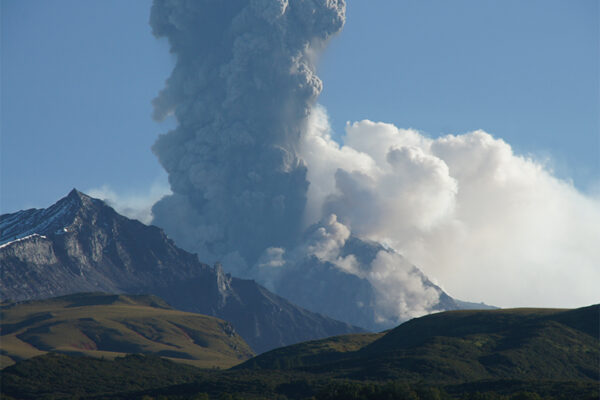XL-Calibur telescope to examine the most extreme objects in the universe
Researchers led by physicist Henric Krawczynski in Arts & Sciences completed initial construction on XL-Calibur, a new balloon-borne telescope designed to measure the polarization of high-energy X-rays from black holes, neutron stars and other exotic celestial objects.
$11.8 million award renews planetary geosciences data effort
Scientists in the Department of Earth and Planetary Sciences in Arts & Sciences will continue to archive and distribute digital data related to the study of the surfaces and interiors of terrestrial planetary bodies under a five-year cooperative agreement with NASA.
Mars habitability may have been limited by its small size
Research led by Kun Wang in Arts & Sciences suggests a fundamental reason why Mars has no liquid water on its surface today: it may be just too small.
Yang leads $1.8M quantum physics research project
Li Yang, professor of physics in Arts & Sciences, leads a team that won a four-year $1.8 million grant from the National Science Foundation to help develop new quantum materials called artificial multiferroics.
Physicist Kelton awarded $1.5M for fluid study on space station
Kenneth F. Kelton, the Arthur Holly Compton Professor of Physics in Arts & Sciences, won a five-year grant from NASA to study fundamental fluid processes in the microgravity environment of the International Space Station.
Geoscientist Catalano awarded $2M to investigate critical elements
Jeffrey Catalano, professor of earth and planetary sciences in Arts & Sciences, received a three-year Department of Energy grant to support research on elements and minerals essential for the production of electric vehicles, cellphones and computers.
Bacteria could learn to predict the future
Using computer simulations and a simple theoretical model, physicist Mikhail Tikhonov in Arts & Sciences showed how bacteria could adapt to a fluctuating environment by learning its statistical regularities — for example, which nutrients tend to be correlated — and do so faster than evolutionary trial-and-error would normally allow.
Neurons in visual cortex of the brain ‘drift’ over time
New research from physicists in Arts & Sciences reveals that neurons in the visual cortex — the part of the brain that processes visual stimuli — respond differently to the same kind of stimulus over time.
Physicist Mukherji awarded $1.97 million to study cellular design
Understanding how a cell commits resources to building new parts — and eventually divides into two cells — is the focus of a new grant for Shankar Mukherji, assistant professor of physics in Arts & Sciences. The research is funded by the National Institutes of Health (NIH).
Krawczynski to examine role of water in volcanoes, Earth’s evolution
Michael J. Krawczynski, assistant professor in Arts & Sciences, received a National Science Foundation CAREER Award to research the evolution of super-hydrous magmas in the Earth’s crust. Krawczynski will explore how volcanoes work, especially how water affects the evolution of volcanoes and their behavior.
Older Stories
